Back
Should you buy a salvage vehicle or a used vehicle?

CoProxy Editors
Published in Buying on CopartApr 22nd 20245 min read
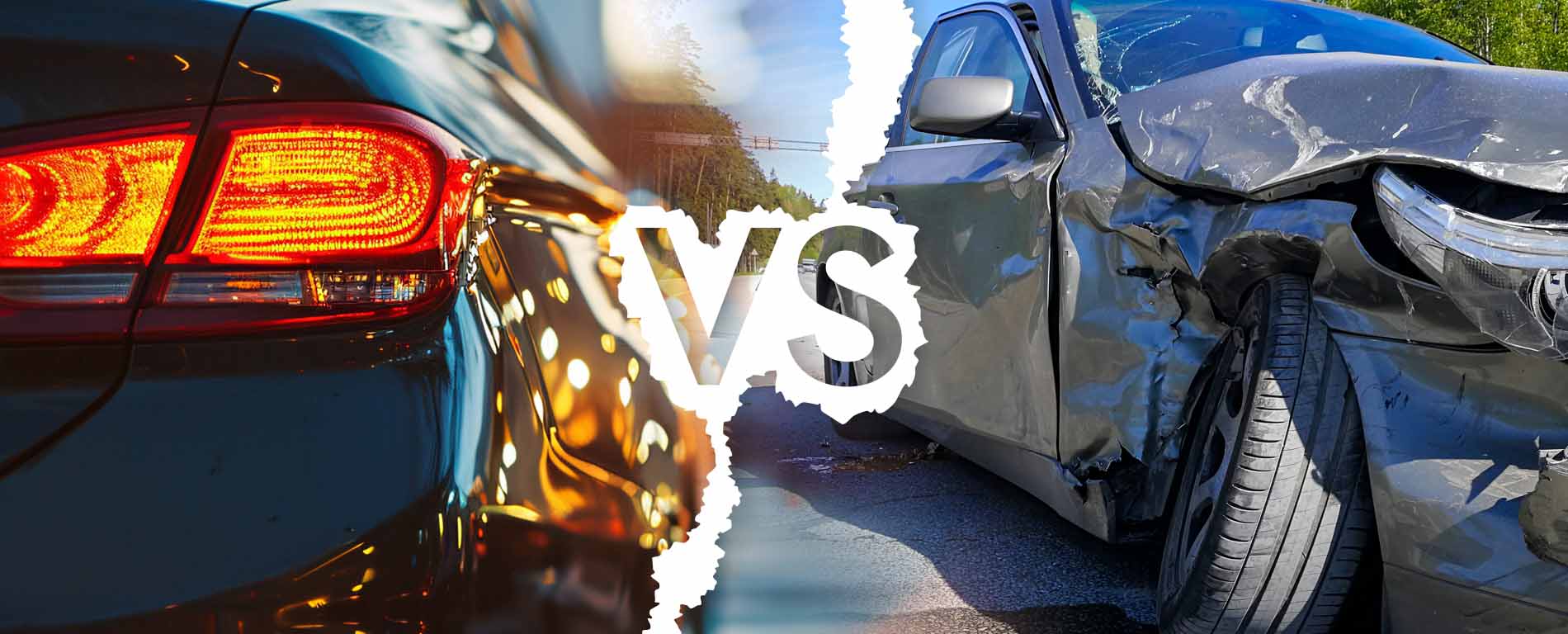 When shopping for vehicles on online auctions you will find yourself deciding between a salvage vehicle or used vehicle. Salvage vehicles can bring a lot of issues but are often offered at a price that compensates for potential headaches. It’s not like a used vehicle though, there are more technicalities and hurdles involved.
When shopping for vehicles on online auctions you will find yourself deciding between a salvage vehicle or used vehicle. Salvage vehicles can bring a lot of issues but are often offered at a price that compensates for potential headaches. It’s not like a used vehicle though, there are more technicalities and hurdles involved.What does salvage mean
A salvage vehicle or salvage title refers to a vehicle that has a title legally updated with “Salvage”. This happens when the cost to repair a vehicle exceeds the overall value of the vehicle in the market. This doesn’t necessarily mean wreck damage however that is often the cause of a “salvage” title.A salvage title can never have the status cleared so it will impact the value of the vehicle forever. This doesn’t mean they’re worthless but they’re usually worth a lot less. Salvage vehicles will also be more difficult to trade or sell in the future as well. Some states even prohibit insuring a salvage titled vehicle meaning that you won’t be able to drive it on public roads.Steps for assessing salvage vehicles
Buying any vehicle in an online auction requires the buyer to assess the condition and the cost of potential repairs. This takes experience and large purchases should be avoided if you don’t have the skills to assess vehicles. Take the time to learn and flip more affordable vehicles first. Salvage vehicles add additional questions and pitfalls.Start assessing the types of damage that the salvage vehicle has reported in the history report, condition report, and review the vehicle in person if possible. If you are not able to go in person, look through photos thoroughly.Common types of damage for salvage vehicles
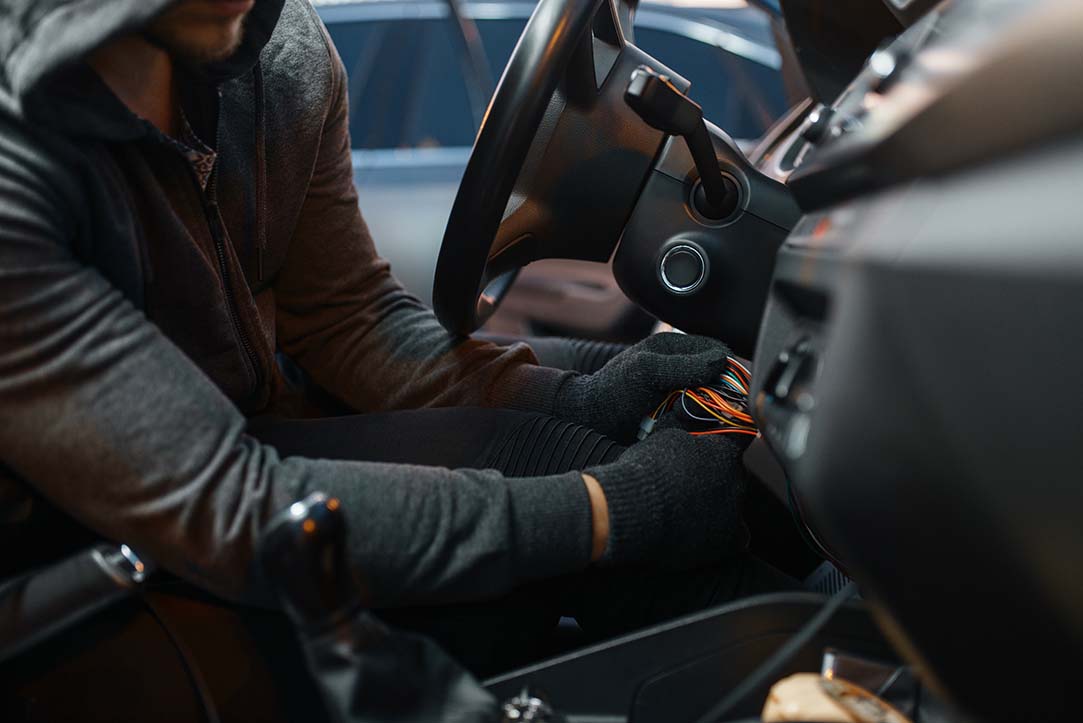 Vandalism: Vehicles that are damaged deliberately tend to exhibit body and cosmetic damage mostly. Dents, scratches, paint, broken windows, damaged tires and rims. This type of damage can be expensive to repair despite often leaving the mechanical components intact.
Vandalism: Vehicles that are damaged deliberately tend to exhibit body and cosmetic damage mostly. Dents, scratches, paint, broken windows, damaged tires and rims. This type of damage can be expensive to repair despite often leaving the mechanical components intact.Hail: Easily noticed in photos online or in person, many small dents in the roof, trunk, and hood tend to be the result of hail damage. Typically this type of damage is all cosmetic leaving the mechanicals intact.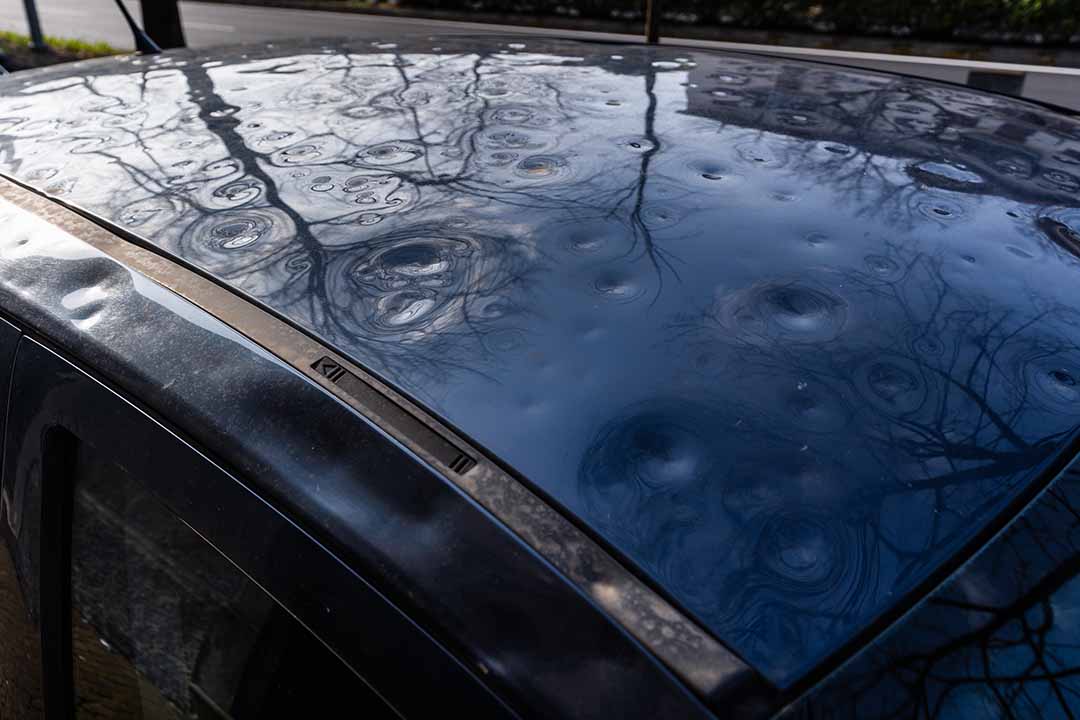

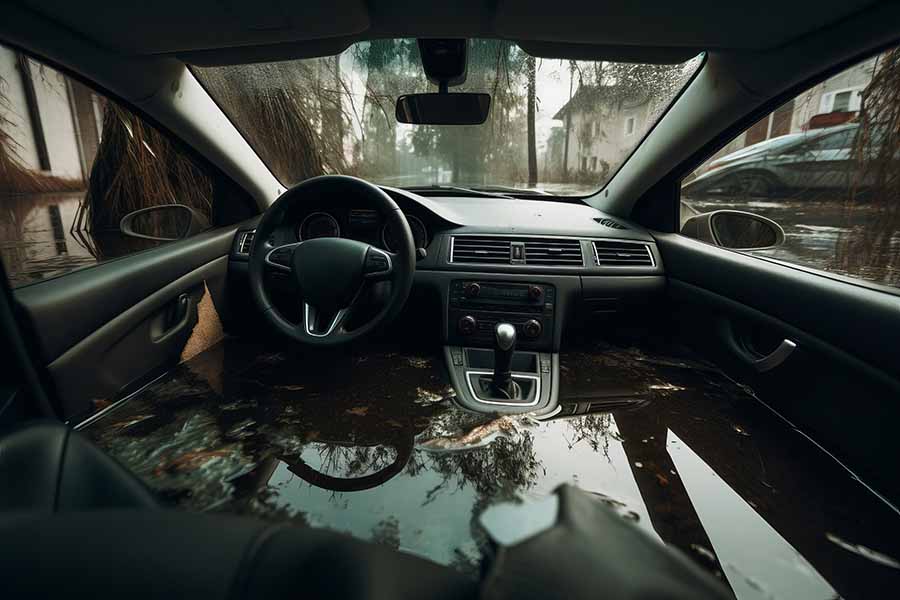 Flood: Vehicles that have been in a flood typically show a horizontal water damage line along the entire vehicle, provided the vehicle wasn’t entirely submerged. Vehicles that have sustained flood damage fall into two categories, if the water damage was only to the footwell of the interior it may not have reached the engine or electronics and may only require cleaning and cosmetic fixes. Vehicles with flood damage above that though, tend to have a myriad of issues and require a significant amount of effort and money to restore.
Flood: Vehicles that have been in a flood typically show a horizontal water damage line along the entire vehicle, provided the vehicle wasn’t entirely submerged. Vehicles that have sustained flood damage fall into two categories, if the water damage was only to the footwell of the interior it may not have reached the engine or electronics and may only require cleaning and cosmetic fixes. Vehicles with flood damage above that though, tend to have a myriad of issues and require a significant amount of effort and money to restore.Theft: Depending on the state different rules are applied to stolen vehicles. States including Arizona, Florida, New York, New Jersey, Georgia, New Mexico, Minnesota, Oklahoma, and Oregon will automatically brand a vehicle that has been reported stolen with a salvage title. Other states will assess vehicle damage before determining the status of the title.

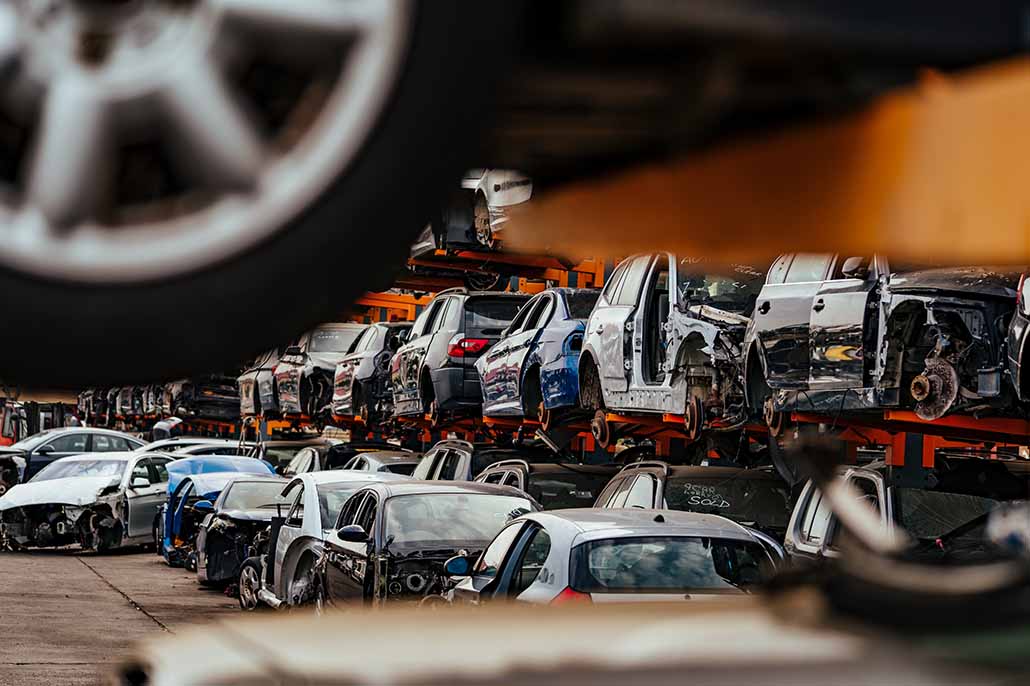 Non-repairable:: Some states will apply a non-repairable status to the title which means the vehicle is only good as donor parts and can never be driven on the road again.
Non-repairable:: Some states will apply a non-repairable status to the title which means the vehicle is only good as donor parts and can never be driven on the road again.Front or back end damage: Many vehicles end up with a salvage title due to a wreck. Front and back end damage is the most common types of damage. This can range in severity but axle damage can open up a lot of issues.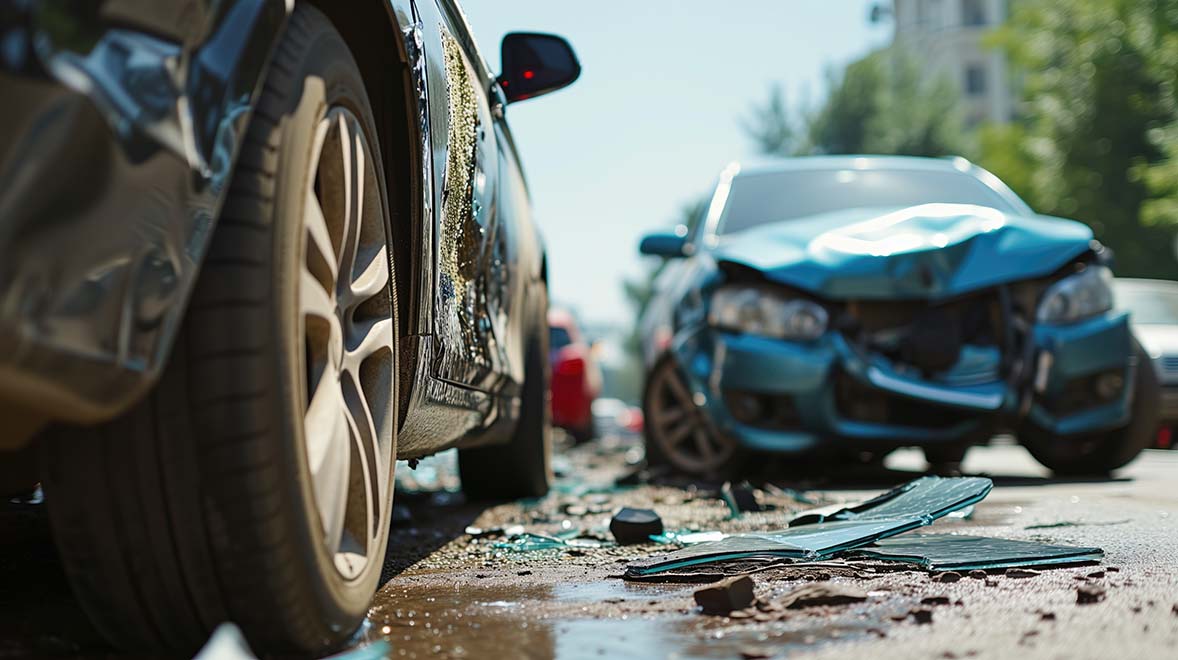

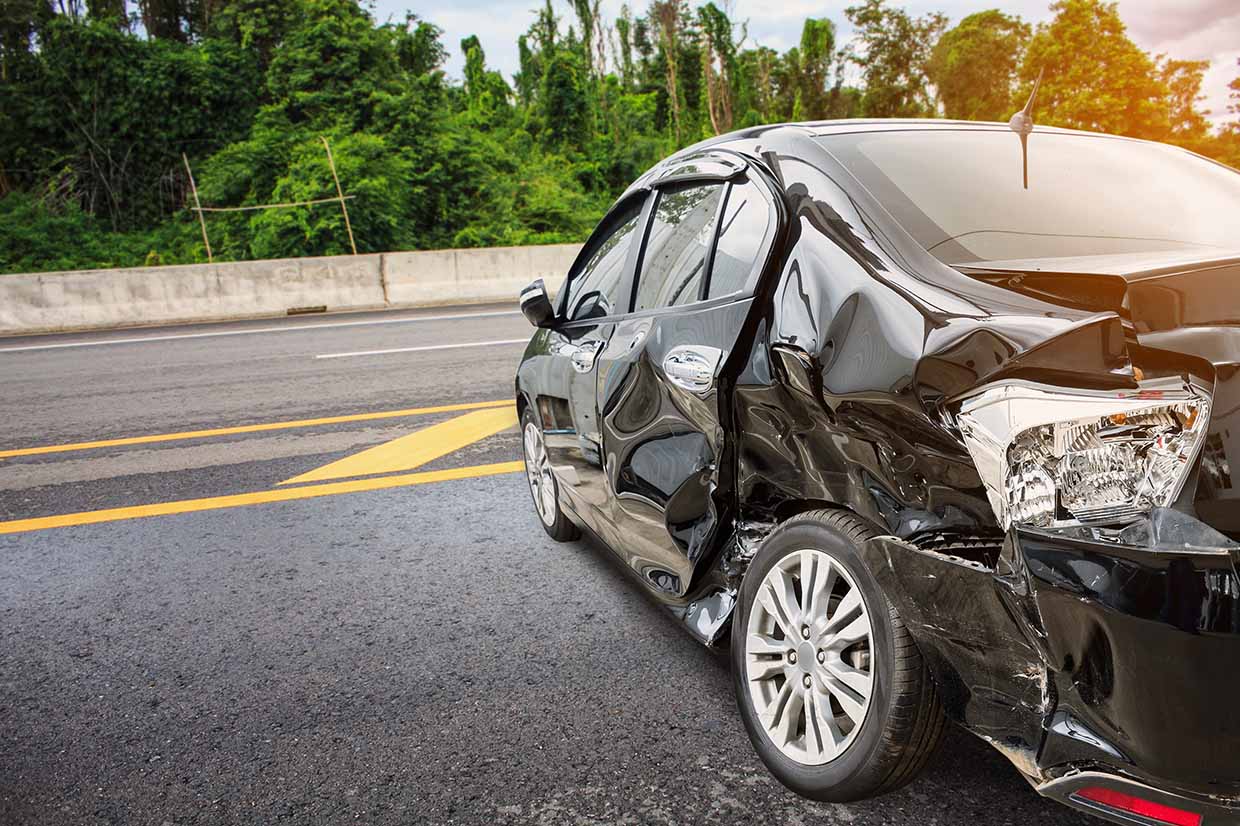 Frame damage: If a vehicle sustains frame damage it is often beyond repairable for an affordable price. Usually best to avoid this type of salvage vehicle unless you know what you’re getting into.
Frame damage: If a vehicle sustains frame damage it is often beyond repairable for an affordable price. Usually best to avoid this type of salvage vehicle unless you know what you’re getting into.Pros and Cons List
Pros for Salvage Vehicles
- Cost: salvage vehicles offer an opportunity to make a purchase that otherwise would be significantly outside of your budget.
- Rarity: some rare vehicles never come up for sale unless they are in a condition that most buyers can’t handle. If you’re in a position to manage a salvaged car project this is a great opportunity.
Pros for Used Vehicles
- Cost: used vehicles are going to be more expensive than their salvage counterparts.
- Resale value: depending on the vehicle, used vehicles tend to hold their value much better.
- Safety & Reliability: used cars tend to need some kind of repair or maintenance but overall are going to be easier and cheaper to keep on the road.
- Condition: used cars come in all types of condition but at the very least tend to be manageable with a good detailing or a bit of cosmetic work.
Cons for Salvage Vehicles
- Safety and reliability: salvaged vehicles may only require a small amount of effort or repairs but typically they require specific knowledge to get them running properly and safely again.
- Resale value: you may be able to get a good return on a salvaged vehicle that you repair but they will never demand a price similar to a non-salvaged model.
- Insurance: some states won’t even allow insurance on a salvaged vehicle and even if you can get insurance, you can find yourself paying over the value of the vehicle in premiums.
- Condition: there is a reason they are salvage vehicles however, sometimes it may only be a small bit of damage that totalled the vehicle while the rest can be in great condition.
Cons for Used Vehicles
- Cost: Used vehicles can have price tags similar to new versions of the same model.
- Condition: Even if you can get a good deal on a used vehicle, you don’t always know how it was driven or how well it was maintained. A used vehicle could be only a short time away from being salvaged itself.
Factors to Consider
- Purpose: Consider the intended use of the vehicle. If it's for daily commuting or family transportation, a used vehicle may be a safer bet. If it's for a project or hobby, a salvage vehicle might be a more affordable option.
- Budget: Determine how much you are willing to spend not only on the purchase but also on potential repairs and insurance.
- Mechanical Knowledge: If you have the skills and resources to repair and maintain a salvage vehicle, it could be a viable option. Otherwise, it may end up costing more in the long run.
- Inspection: Whether buying salvage or used, always get a thorough inspection by a trusted mechanic to assess the vehicle's condition and any potential issues.
Register with CoProxy and explore used and salvage vehicles for sale online.

